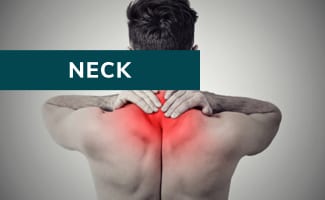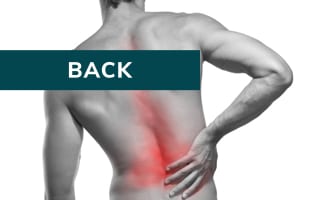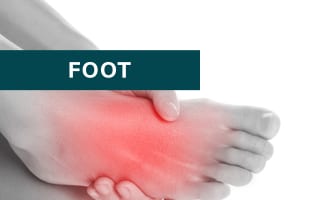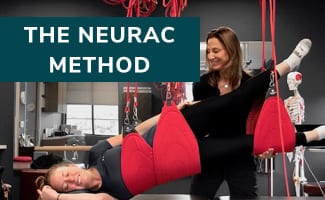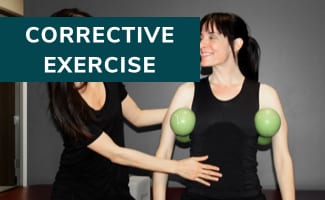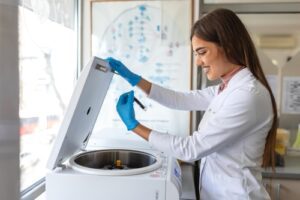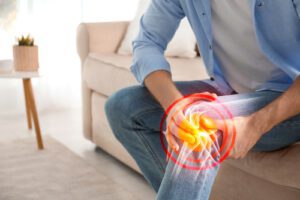Idiopathic scoliosis is characterized by a lateral (or sideways) curve of your spine – the cause for which is mostly unknown. If you grew up in public school, you probably remember being lined up during gym class and asked to bend forward while the nurse examined you for the telltale “rib hump” sign. Even if you passed the test as a teenager, you may still be at risk for scoliosis as an adult. Adult idiopathic scoliosis can be a continuation of adolescent scoliosis. It may also be caused or worsened by muscle imbalances, often which are sustained post-injury or surgery.
It is common for adults to have mild lateral curves in their spine that are stable and innocuous. However, if you find your scoliosis is progressing (i.e. the asymmetry of your spine is getting worse), you may be increasing your risk for low back pain, disc degeneration, and other chronic pain due to asymmetrical loading on the joints.
At CHARM, we have found Neurac® Weak Link Testing to be an effective tool in assessing and treating the underlying muscle imbalances that are predisposing your body to scoliosis. These imbalances can be caused by weakness in the ability of the shoulder or hip girdle to effectively stabilize and integrate with the deep core stabilizers of the spine. Weak Link Testing allows us to see how well both the left and right side of your body are stabilizing through the various myofascial chains that move your body.
With Redcord Neurac®, we have been successful in visibly improving symmetry within a single session. The trick is how to sustain this improvement. Diligence with an effective home exercise program can be enough; however we have found that the occasional Neurac sessions can also go a long way in reminding the body how to regain symmetry and align itself correctly.
If you feel that a previously stable curve is progressing, it is important to have this evaluated and monitored by a qualified professional in order to reduce your risk for chronic pain and other complications.




